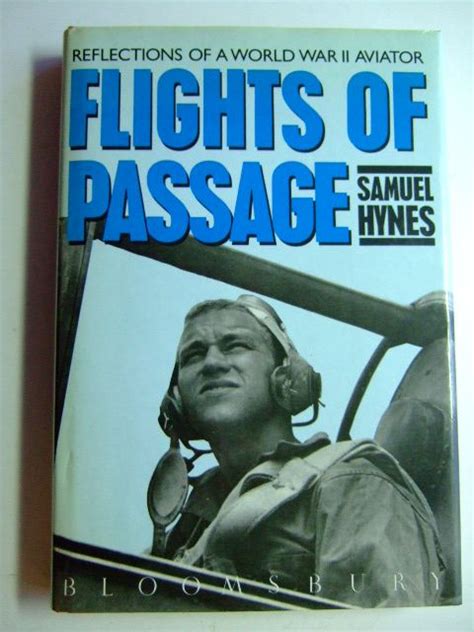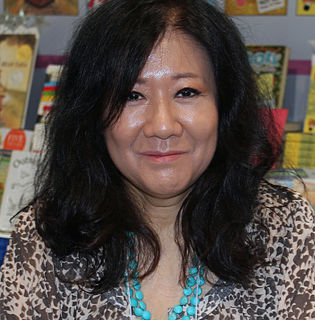A Quote by Rodney Crowell
The old handbook on writing is 'Write what you know.' I come from an autobiographical starting place almost all of the time, but it would be a mistake to presume that I'm not using fiction to extend the narrative.
Related Quotes
There's basically an element of fiction in everything you remember. Imagination and memory are almost the same brain processes. When I write fiction, I know that I'm using a bunch of lies that I've made up to create some form of truth. When I write a memoir, I'm using true elements to create something that will always be somehow fictionalized.
Writing the past is never a neutral act. Writing always asks the past to justify itself, to give its reasons... provided we can live with the reasons. What we want is a narrative, not a log; a tale, not a trial. This is why most people write memoirs using the conventions not of history, but of fiction.
When you're writing a book that is going to be a narrative with characters and events, you're walking very close to fiction, since you're using some of the methods of fiction writing. You're lying, but some of the details may well come from your general recollection rather than from the particular scene. In the end it comes down to the readers. If they believe you, you're OK. A memoirist is really like any other con man; if he's convincing, he's home. If he isn't, it doesn't really matter whether it happened, he hasn't succeeded in making it feel convincing.
I don't know why I write. The honest answer is that I don't have an answer. I wouldn't die if I couldn't write fiction. Actually keel over and die - it's unlikely. But quite quickly writing has come to feel like the only thing I really know how to do. And I go a bit stir crazy if I don't write more or less every day. But that makes writing sound like a mood-regulator, a way to regulate anxiety or depression, and it doesn't really come down to that.
I can write anywhere really. I have a hard time writing when the birds are tweeting and the brooks are running outside. I've tried that several times, for months at a time, trying to write in a quiet, wonderful place where birds are twittering and coffee's brewing. And nothing happens. But if I'm in an old dump like my old apartment and I can't find my fingernail clippers and nothing's working except the old tea maker, that's just great. You always have to find and live in a place that's a little uncomfortable when you're a writer. You need a burr in your side.




































